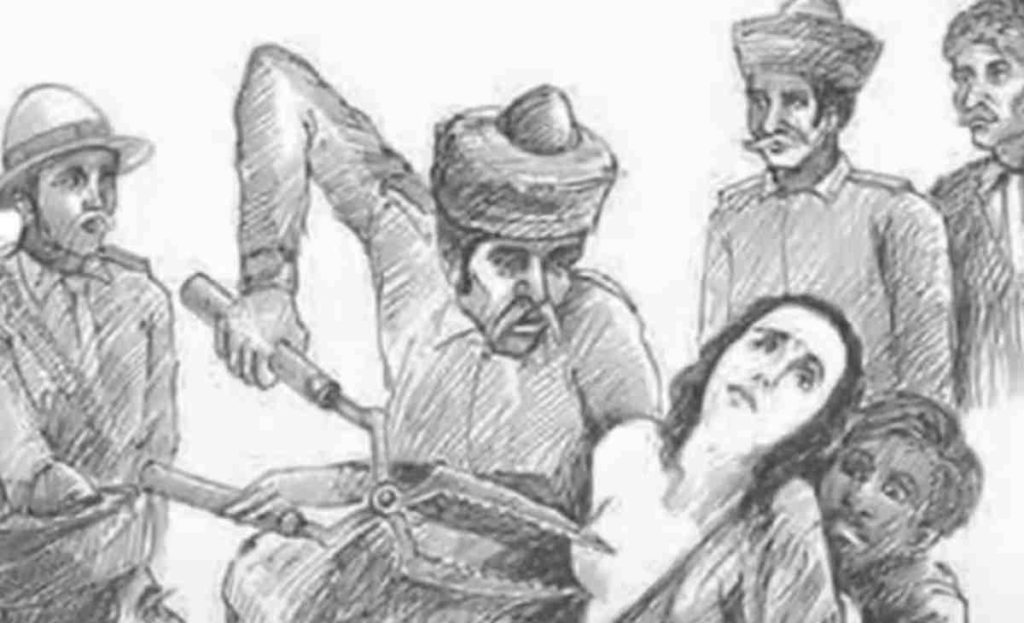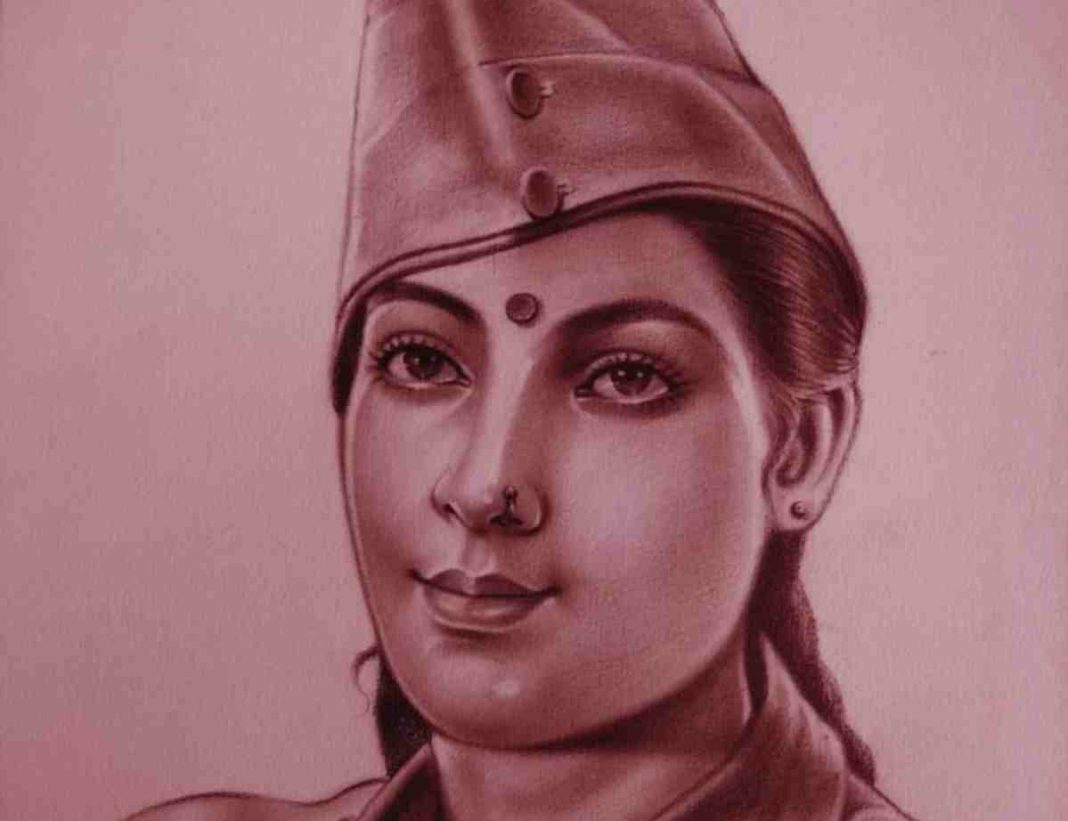INDIA: Neera Arya, an exemplary figure in India’s quest for independence, left an indelible mark as the first woman spy of the Azad Hind Fauj (INA). Born on March 5, 1902, in Khekra Nagar, Baghpat, Uttar Pradesh, her legacy continues to inspire generations.
The daughter of Seth Chhajjumal, a dedicated businessman who prioritized education, Neera’s journey intertwined with the nationalist movement from her early years.
Education and early nationalistic influences
Growing up, Neera’s exposure to education shaped her awareness of India’s struggle for freedom. Her formative years in Kolkata immersed her in the currents of the nationalist movement.
The fire of patriotism burned within her, laying the foundation for her future contributions.
Entry into the Rani Jhansi regiment and role in INA
In 1942, Neera’s destiny took an extraordinary turn when she joined the Rani Jhansi Regiment of the INA. Netaji Subhas Chandra Bose, recognizing her potential, swiftly recruited her as a spy.
Her unique skills as a nurse provided the perfect cover for infiltrating British military camps, where she collected crucial intelligence for the INA. Neera’s dedication extended beyond gathering information; she played a key role in smuggling weapons and supplies, bolstering the INA’s efforts.
Indomitable spirit: Facing British oppression and torture
Neera’s unwavering commitment to the cause led to her capture by British authorities in 1943. For three harrowing years, she endured torture and interrogation. British officials in the Andaman jail used a breast ripper on her to try to extract information about Netaji Subhash Chandra Bose’s location. However, she refused to disclose any details.

One day, while Netaji Subhash Chandra Bose was visiting the hospital, a Japanese soldier tried to attack him. Neera Arya quickly intervened and shielded Netaji with her own body.
The Japanese soldier’s sword slashed through Neera’s breast, but she managed to protect Netaji. Netaji was unharmed, but Neera Arya was seriously injured. She was taken to the hospital, where she underwent surgery.
Despite her injuries, Neera Arya refused to give up her service to the INA. She continued to work as a nurse in the INA hospital until the end of the war
Despite immense pressure, she remained resolute, refusing to divulge any information about the INA. Her steadfastness under duress epitomized the valor of India’s freedom fighters, showcasing her unbreakable spirit.
Post-Imprisonment dedication
Upon her release, Neera Arya emerged stronger and more determined than ever. Her contribution extended beyond her role as a spy. She actively participated in the Indian National Congress, playing a vital role in shaping the trajectory of the independence movement. Neera’s involvement in the women’s movement underscored her belief in the empowerment of women as integral to the broader struggle for freedom and equality.
Legacy and inspirational contributions
Neera Arya’s enduring legacy encapsulates her numerous achievements, each a testament to her courage and dedication. As the first woman spy of the Azad Hind Fauj, her daring exploits left an indelible mark on history.
Her ability to infiltrate British military camps, gather intelligence, and smuggle essential supplies into the INA’s hands demonstrated her strategic brilliance and resourcefulness.
Beyond her role as a spy, Neera’s resilience in the face of torture and adversity resonates as a beacon of courage. Her loyalty to the cause and refusal to compromise under duress serves as an inspiring example of personal sacrifice for a greater good.
Neera Arya’s life story is a powerful reminder that even a single individual’s actions can shape the course of history.
Also Read: India Prepares to Celebrate 77th Independence Day with “Nation First, Always First” Theme



